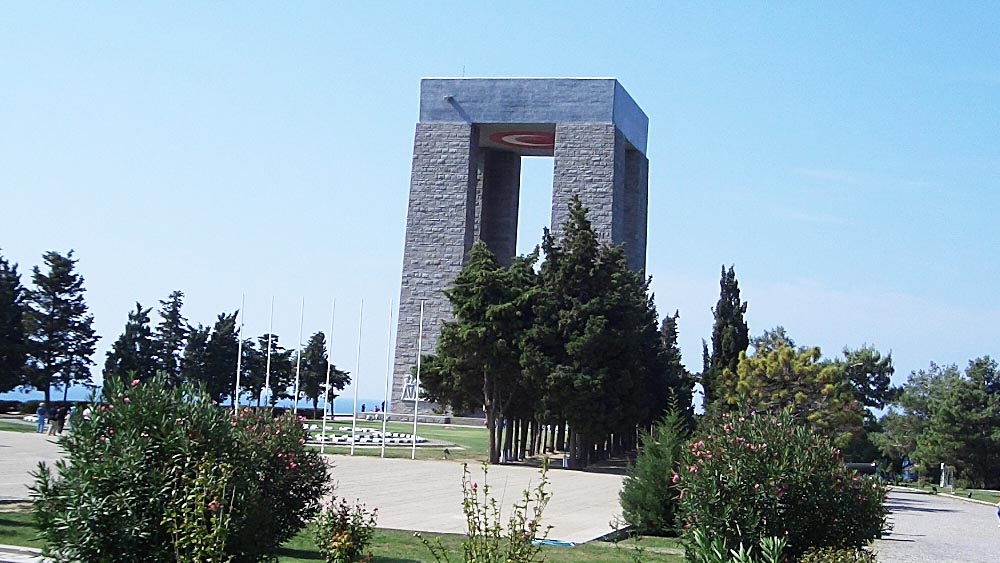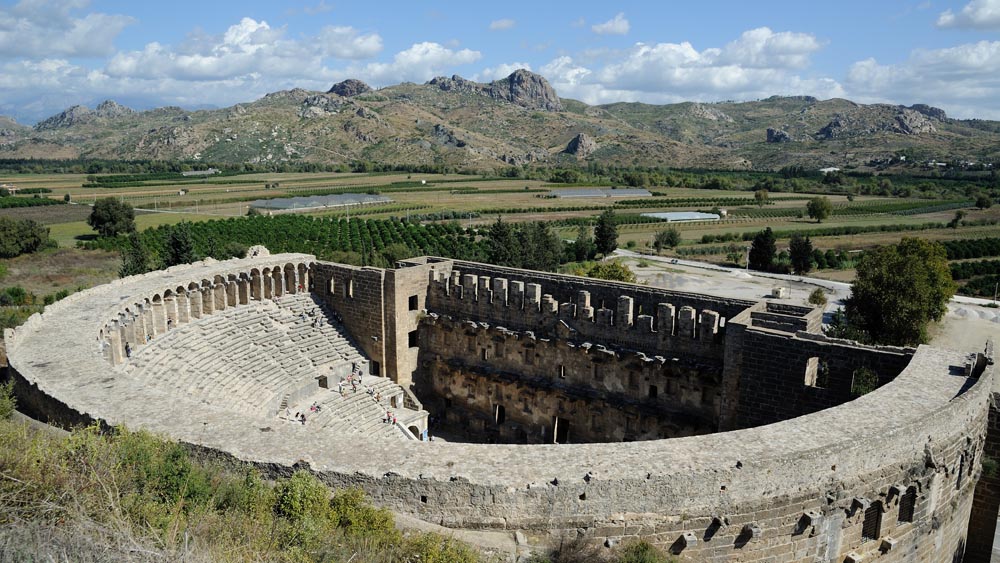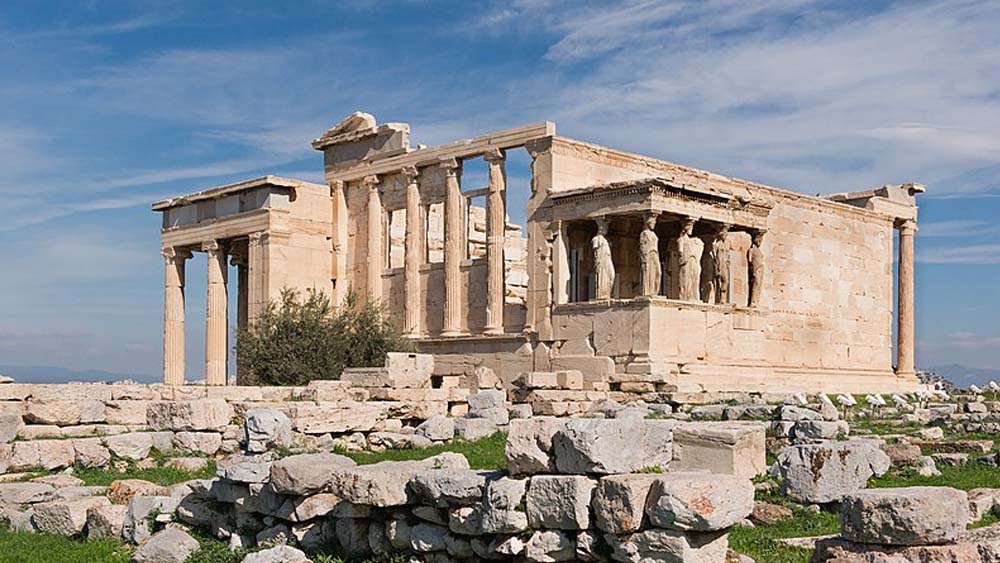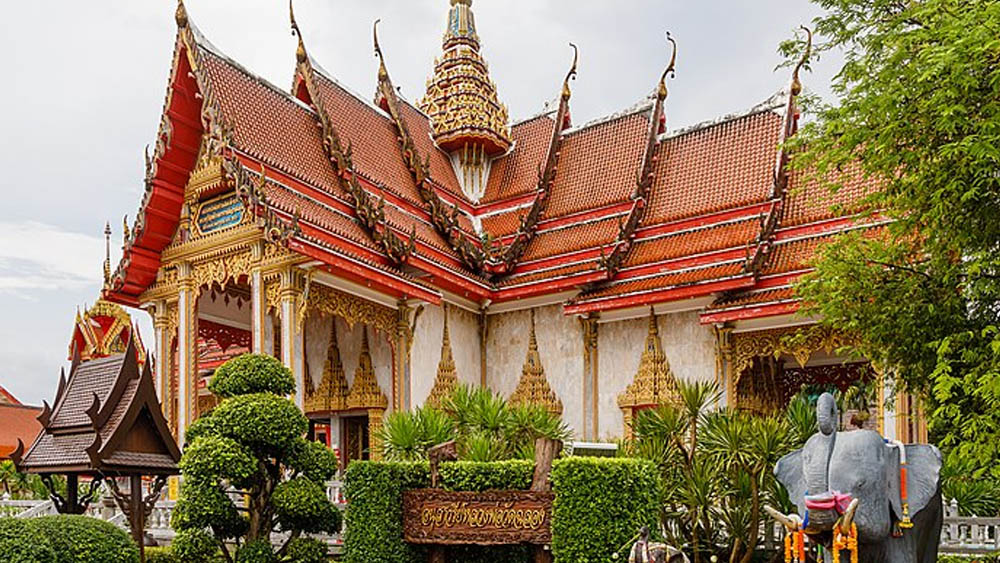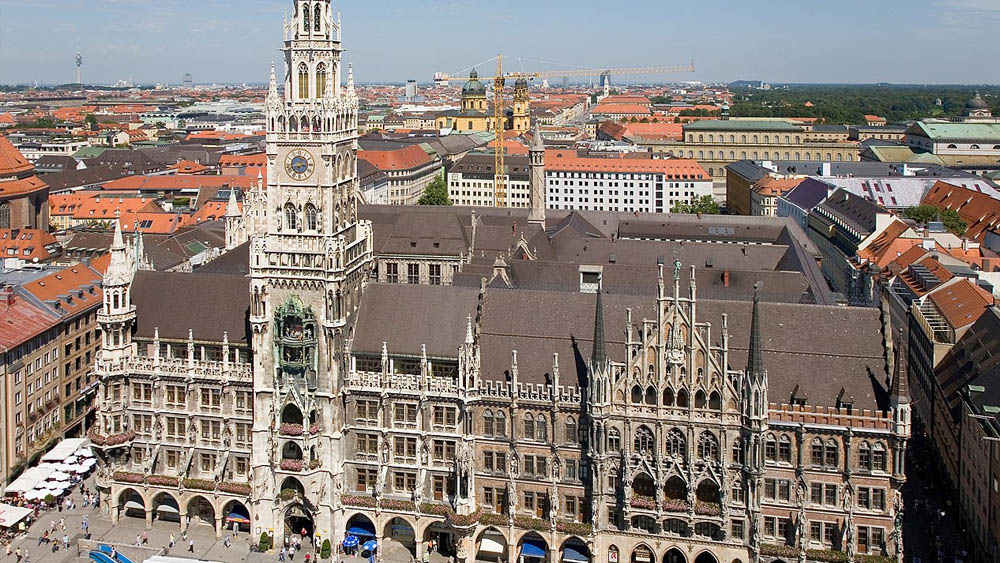Konya is one of the most important cultural and historical centers of Turkey and also the birthplace and home of Mevlana Jalaluddin Rumi. Mevlana was a prominent thinker and poet in the Islamic Sufi tradition. His life and teachings are full of messages of uniting humanity, tolerance, and love, and he has many followers worldwide.
In Konya, mystical places like the Mevlana Museum and the Shrine of Shams Tabrizi are an expression of respect for Mevlana’s life and teachings. The Mevlana Museum is located in the Mevlevi Lodge, where Mevlana and his close followers lived and died. The museum has a rich collection about Mevlana’s life, Sufi teachings, and the Mevlevi order. Visitors can see Mevlana’s tomb, manuscripts, musical instruments, and materials related to Mevlevi sema ceremonies.
The Shrine of Shams Tabrizi, on the other hand, is the burial place of Shams Tabrizi, one of the most important figures in Mevlana’s life. Shams Tabrizi was a significant turning point in Mevlana’s life and helped deepen his philosophical thoughts. The shrine allows visitors to visit Shams Tabrizi’s tomb and learn more about his life and relationship with Mevlana.
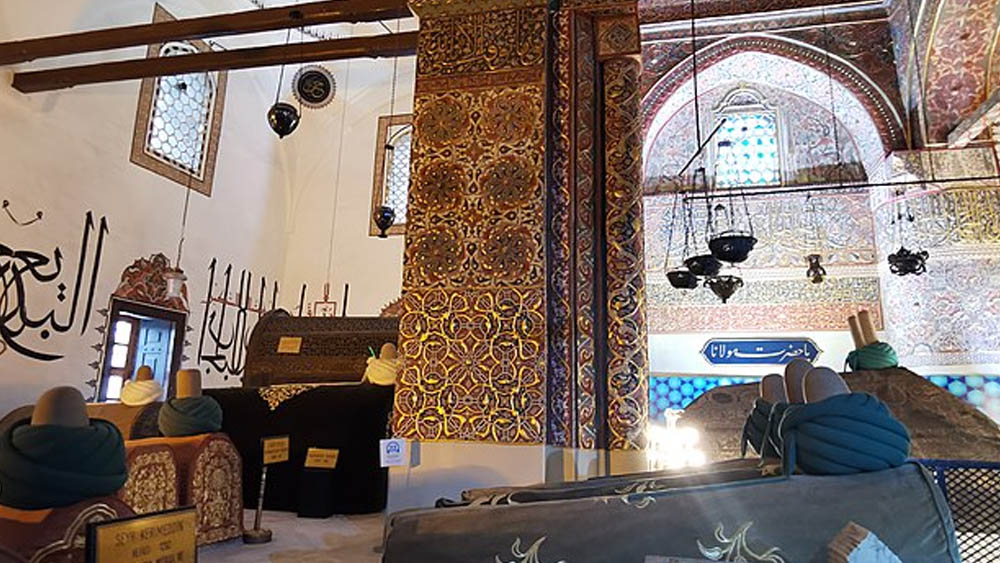
The Mevlana Museum: The Unifying Philosophy of Humanity
The Mevlana Museum is a museum located in the city of Konya, Turkey, dedicated to the famous Islamic philosopher Mevlana Celaleddin Rumi. Mevlana’s teachings are known for their unifying philosophy of humanity. Mevlana believed that people should love and show tolerance towards each other regardless of their religion, language, race, or cultural differences.
The museum provides visitors with information about Mevlana’s life, teachings, and the Islamic Sufi tradition. Many important works are exhibited in the museum, such as Mevlana’s tomb, manuscripts, paintings, musical instruments, and materials related to the Mevlevi sema ceremonies. These works reflect Mevlana’s philosophy on love, tolerance, and helping one another.
It is a place that teaches the philosophy that people should respect each other, show tolerance, and live together. Mevlana’s teachings are a universal philosophy with followers not only in the Islamic world but throughout the world. Mevlana’s message that people should always show love and tolerance remains relevant in today’s world.

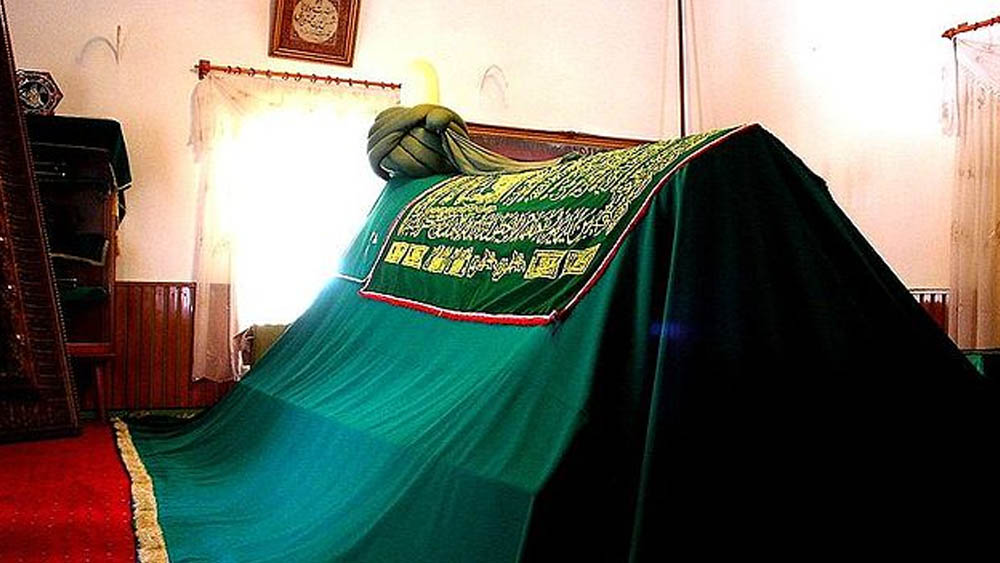
Şems-i Tebrizi: The Turning Point in Mevlana’s Life
Şems-i Tebrizi is an important figure in the life of Mevlana Celaleddin Rumi and played a significant role in shaping Mevlana’s thoughts. He is known as Mevlana’s close friend and teacher.
After meeting Şems-i Tebrizi, Mevlana had long conversations and philosophical discussions with him. During this process, Mevlana was deeply influenced by Şems-i Tebrizi and began to pursue a deeper spiritual quest and gain more knowledge about Islamic Sufism.
Şems-i Tebrizi introduced many concepts that shaped Mevlana’s philosophy, such as love, tolerance, unity, peace, and spiritual quest. Mevlana focused more on these concepts with the influence of Şems-i Tebrizi.
However, Şems-i Tebrizi’s sudden and mysterious disappearance deeply saddened Mevlana and became a turning point in his spiritual quest. Mevlana made great efforts to preserve Şems-i Tebrizi’s teachings and philosophy after his death, and continued to keep his memories alive through his poems.
Today, the Şems-i Tebrizi Mausoleum is an important place visited to commemorate Mevlana’s closest friend. The mausoleum is a significant source of information for visitors who want to learn about the philosophy and teachings of Şems-i Tebrizi, which was the turning point in Mevlana’s life.
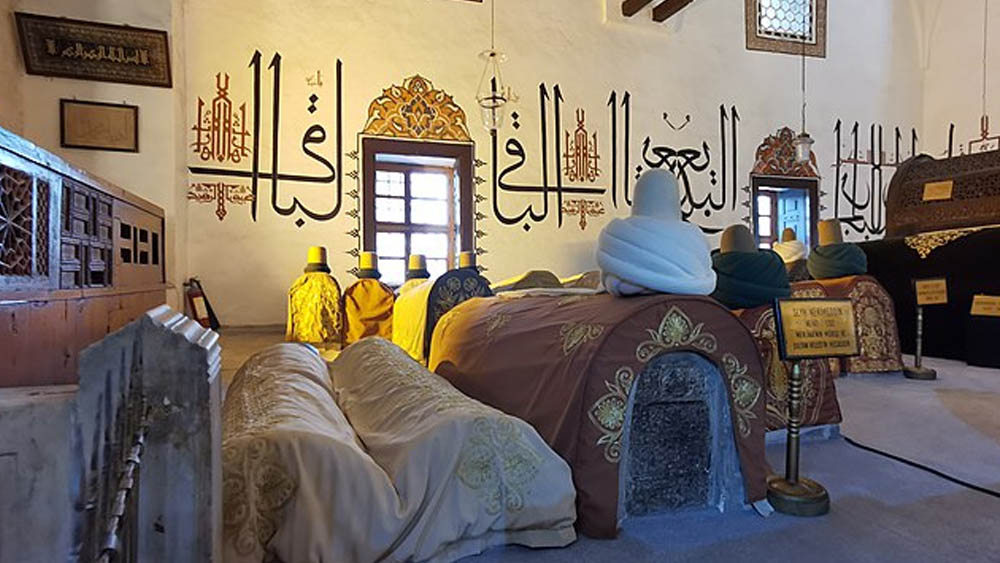
The Friendship of Mevlana and Shams-i Tabrizi: Its Importance in Islamic Sufi Tradition
The friendship of Mevlana and Shams-i Tabrizi holds an important place in the Islamic Sufi tradition. These two great thinkers and mystics had a long-lasting friendship and a teacher-student relationship.
Their friendship has had a significant impact on the philosophy and teachings of Sufism. After meeting Shams-i Tabrizi, Mevlana embarked on a spiritual quest with him and became more interested in Islamic Sufi tradition. During this process, Mevlana’s philosophy and thoughts were enriched with the teachings of Shams-i Tabrizi.
The friendship of Mevlana and Shams-i Tabrizi also highlights the importance of love, tolerance, and unity. These two great thinkers advocated that people should love each other and live together regardless of their religious, linguistic, racial, and cultural differences.
Today, the friendship of Mevlana and Shams-i Tabrizi still has its impact on Islamic Sufi tradition and spirituality. Mevlana’s teachings have become a universal philosophy with followers worldwide, and continue to inspire people on the subjects of love, tolerance, and unity.
Mevlana Museum and Şems-i Tebrizi Tomb: Historical and Cultural Exploration
Mevlana Museum and Şems-i Tebrizi Tomb are ideal places for those who want to make historical and cultural explorations. These places offer important sources to understand Islamic Sufi tradition, literature, and art.
Mevlana Museum is a museum that tells the life and works of Mevlana Celaleddin Rumi. The museum provides detailed information about Mevlana’s teachings and thoughts, and hosts many works reflecting the lifestyle of Mevlevi dervishes. In addition, Mevlana’s tomb is also located here, and visitors come here to benefit from Mevlana’s spiritual power.
Şems-i Tebrizi Tomb, on the other hand, is a monument built to commemorate the friendship between Mevlana and Şems-i Tebrizi. Şems-i Tebrizi is an important turning point in Mevlana’s life and has had a significant impact on Islamic Sufi tradition. The tomb tells visitors about Şems-i Tebrizi’s life, thoughts, and teachings, and is an ideal place for those who want to learn more about Islamic Sufism.
Mevlana Museum and Şems-i Tebrizi Tomb are important places to provide a deep understanding of Islamic culture and art. Visits to these places offer visitors a spiritual experience and help them become more interested in Islamic Sufi tradition. Moreover, these places provide an opportunity to understand and appreciate different cultures and beliefs.



















